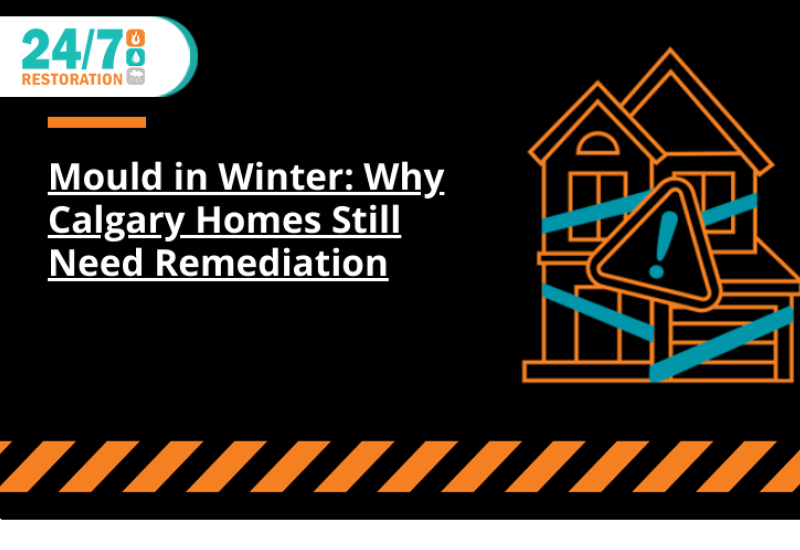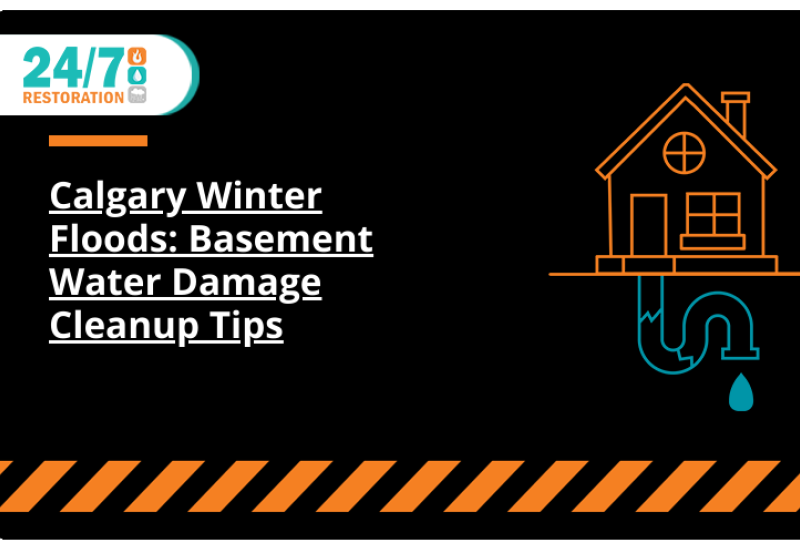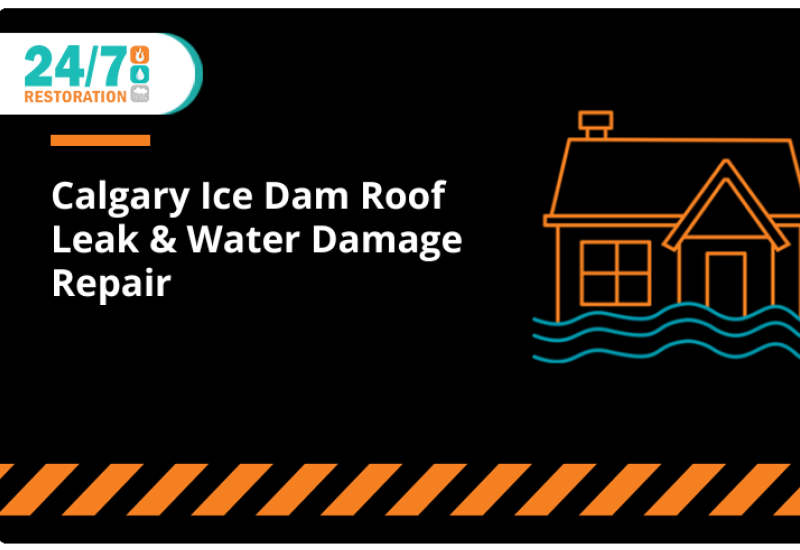Overview: Lead poisoning is a dangerous condition but it is also very preventable. Lead was used in certain materials in the past and if these are disturbed you can put you and your family at risk. To find out more about what lead is, where it is found and what you can do to protect yourself against it, check out the blog below.
If your house is over thirty years old there is a good chance that it contains various lead-based materials. If these are disturbed they can become very dangerous, but by taking a few simple precautions you can keep you and your family safe. In this blog we'll take a further look at what lead is and how you can avoid it.
What Is Lead and Where Can It Be Found?
Lead is a naturally occurring element found in the earth and it is considered to be hazardous and toxic to humans.
Lead has been used for various applications since it was discovered by the ancients and these have included paint, fuel, pipes, and batteries, to name but a few. Since the material's toxic properties came to light many of these have been phased out for both human and environmental reasons.
However, for older equipment and buildings the remnants of the lead era are still present and you have to be careful to ensure that you are not exposed to this dangerous material. In buildings lead can be sometimes found in old paints and coatings, and past industrial activities can make certain residential areas particularly susceptible to lead contamination.
In you are in any doubt as to whether you live or work in an area that may be exposed to lead contamination you should contact a hazardous materials expert like 24/7 Restoration immediately.
What Are The Symptoms and Effects of Lead Poisoning?
One of the many reasons lead poisoning is so dangerous is that you can accumulate a fairly high-level of lead in your system without noticing the effects. It is only when the levels of lead in your blood stream become dangerous that symptoms really begin to show. Here are some of the symptoms of lead poisoning for both children and adults:
For Adults:
- Join, muscle and abdominal pain
- Constipation
- High blood pressure
- Headaches
- Reduced mental abilities
For children:
- Learning difficulties
- Delay in development
- Irritable moods
- Lack of appetite
- Constipation
- Tiredness
- Stomach pain
- Vomiting
If you think you may be suffering from lead poisoning it is essential that you see a doctor immediately.
How Can I Avoid Lead Poisoning?
There are various things you can do to lower your chances of contracting lead poisoning. By staying on top of your building maintenance you can greatly reduce your chances of contamination, as many cases of lead poisoning are a result of poor home maintenance. For example, make sure you keep your painted areas in good condition, repair any water leaks as soon as possible, and keep your house as clean and dust free as possible. Other measures you can take include preparing food and drinks using only cold water as hot water is more susceptible to causing pipe corrosion and being contaminated by lead.
Bottom Line: Lead poisoning can be a serious condition and it is one that can be avoided by taking a few simple precautions. From getting a professional assessment of your house to taking measures like drinking only cold tap water you can help keep you and your family stay safe. If you're unsure about the presence of lead in your house, or if you think you may have been exposed, it is crucial that you contact a professional immediately.
For more information on lead decontamination and hazardous material removal in general, contact 24/7 Restoration today at (403) 247-4365.
Enjoy this post? Find out some interesting information? Then why not share it using the Social Media buttons below? You can even comment on it right here using Disqus.



